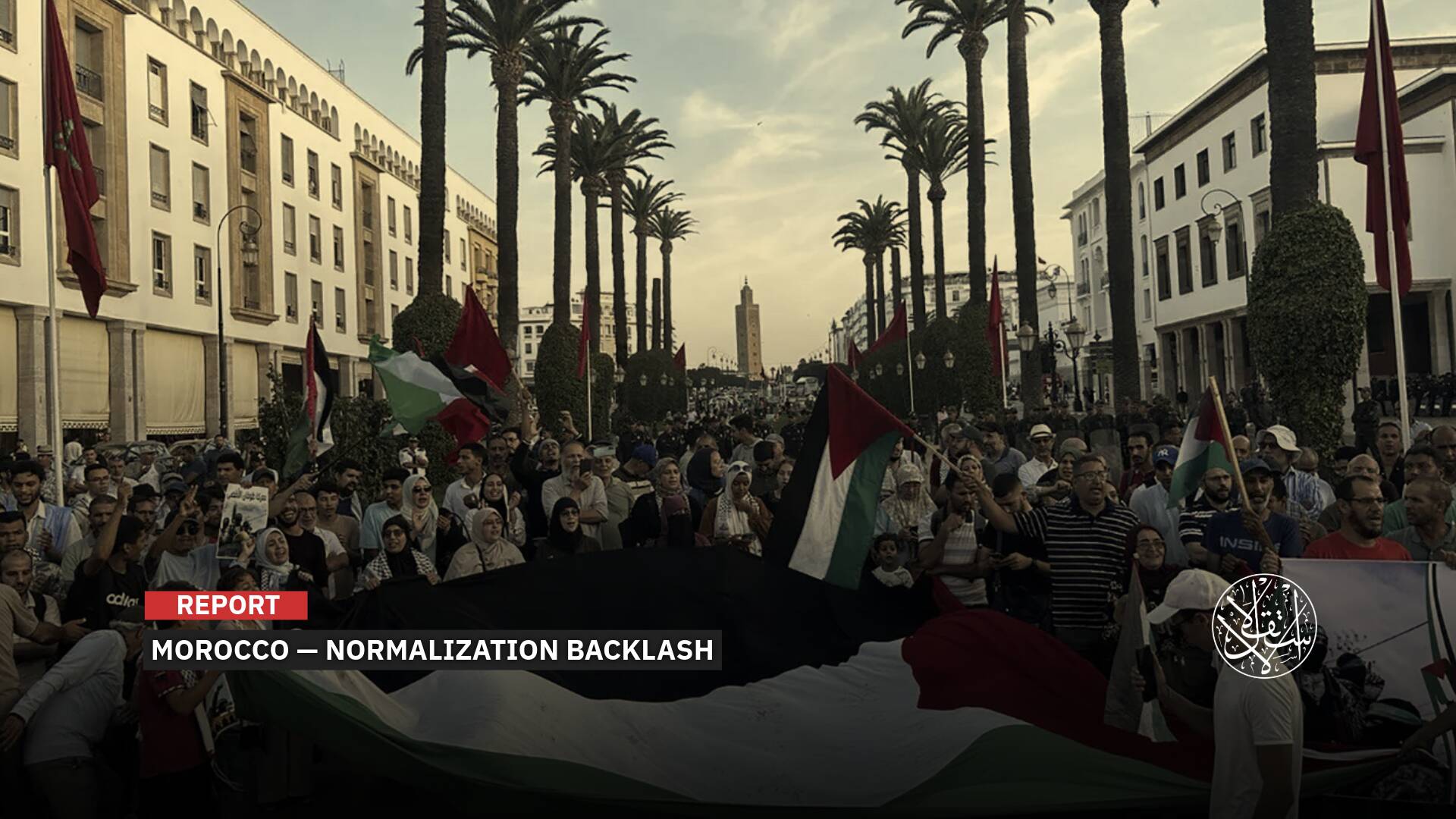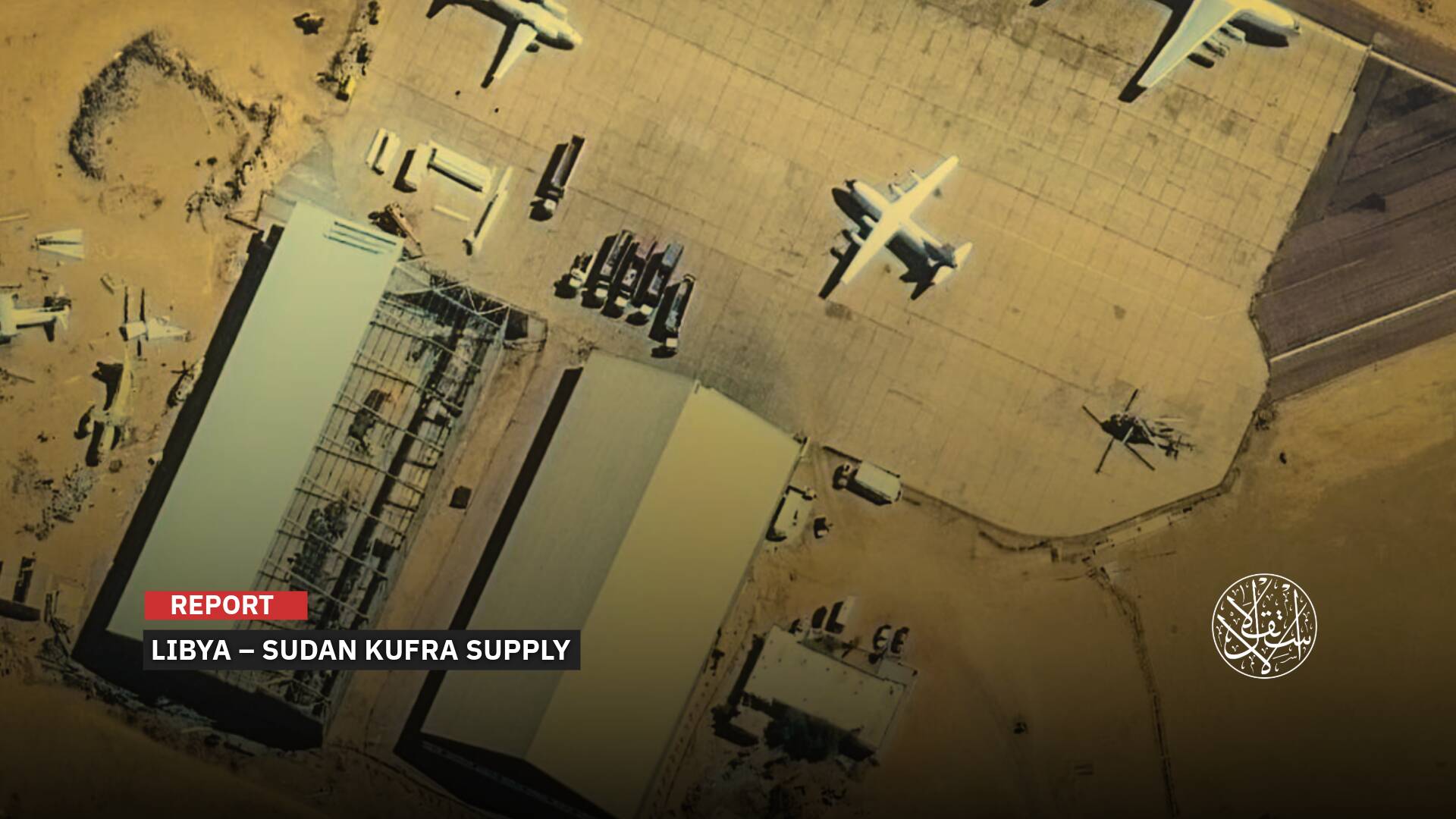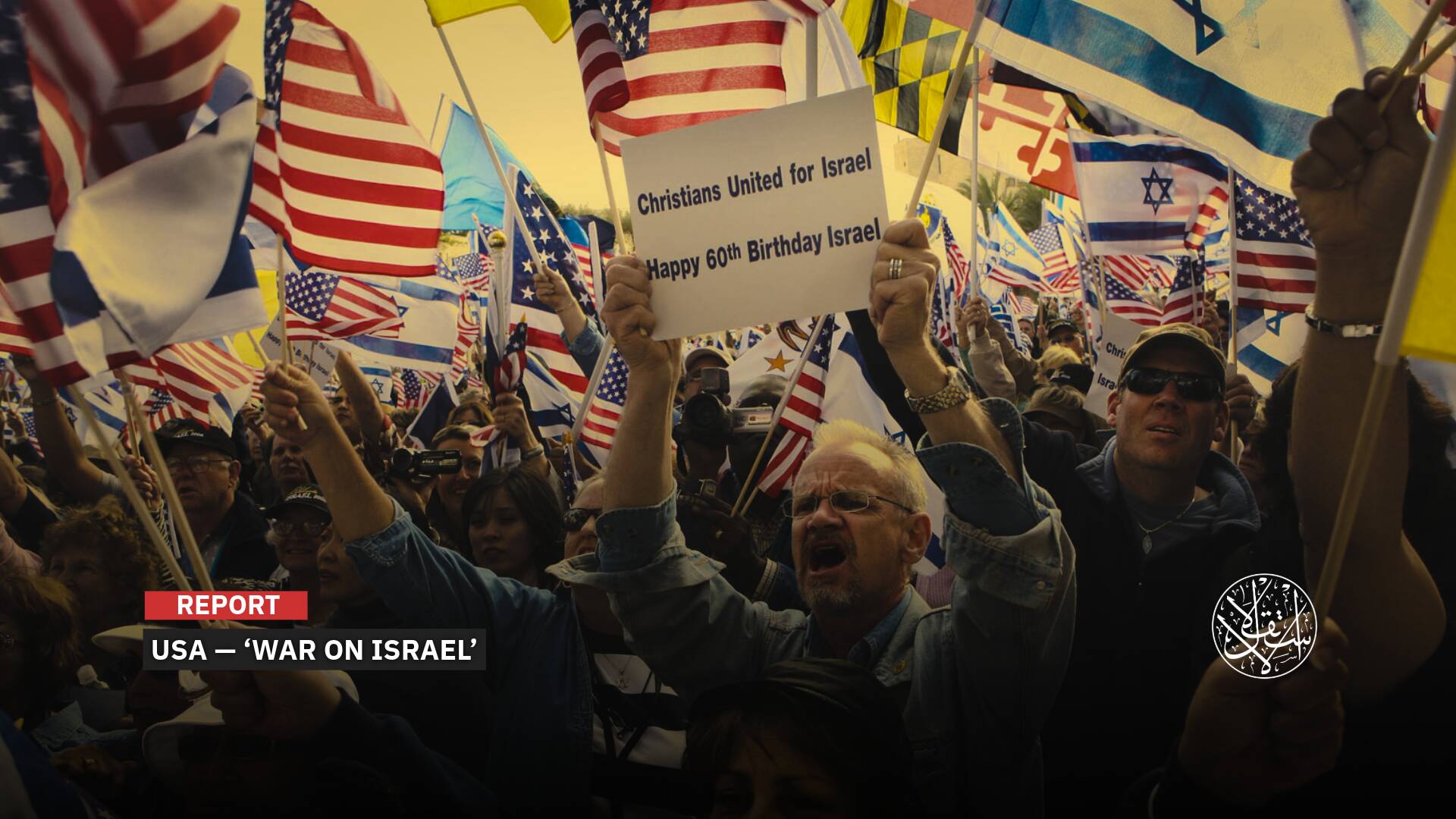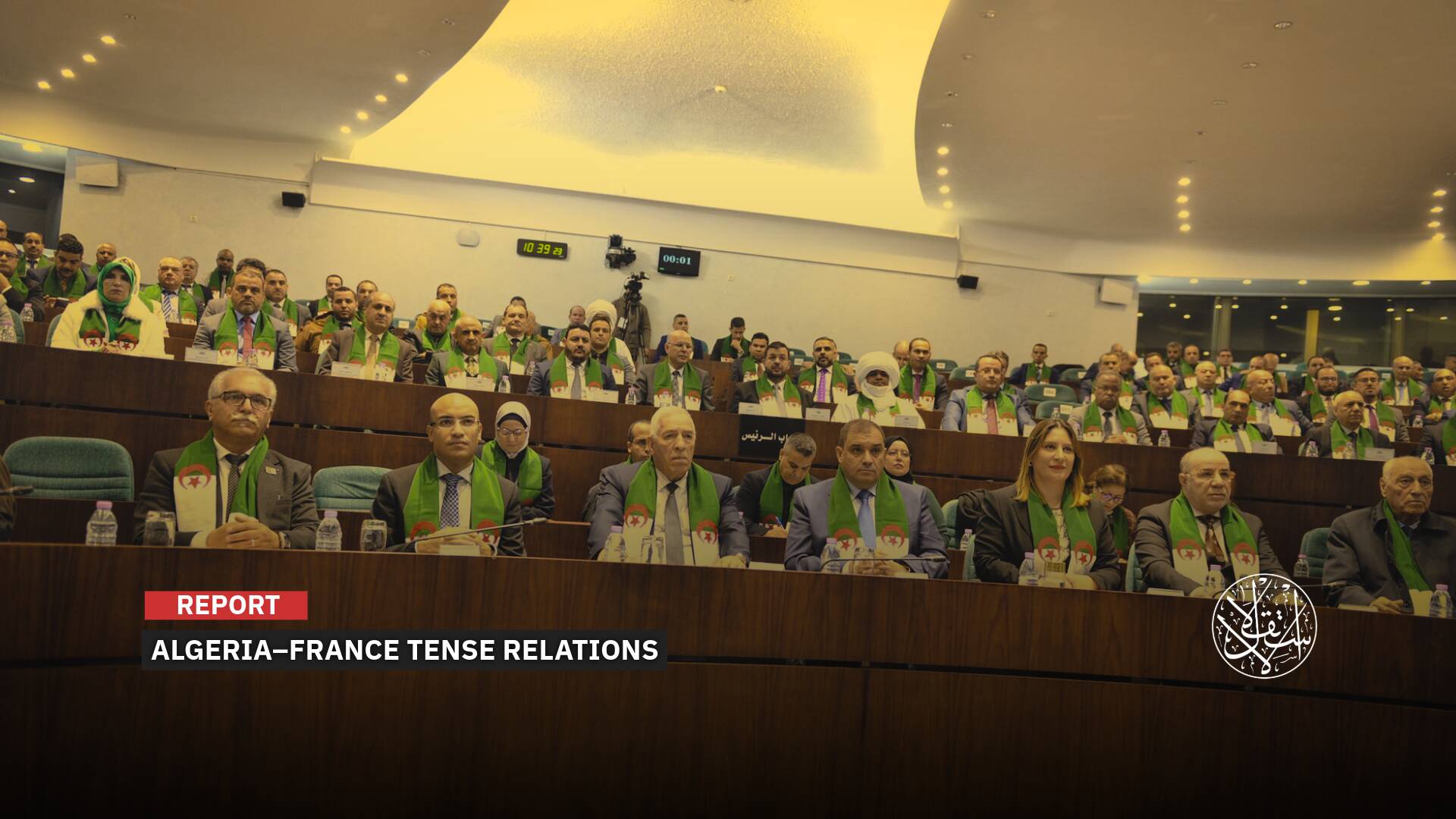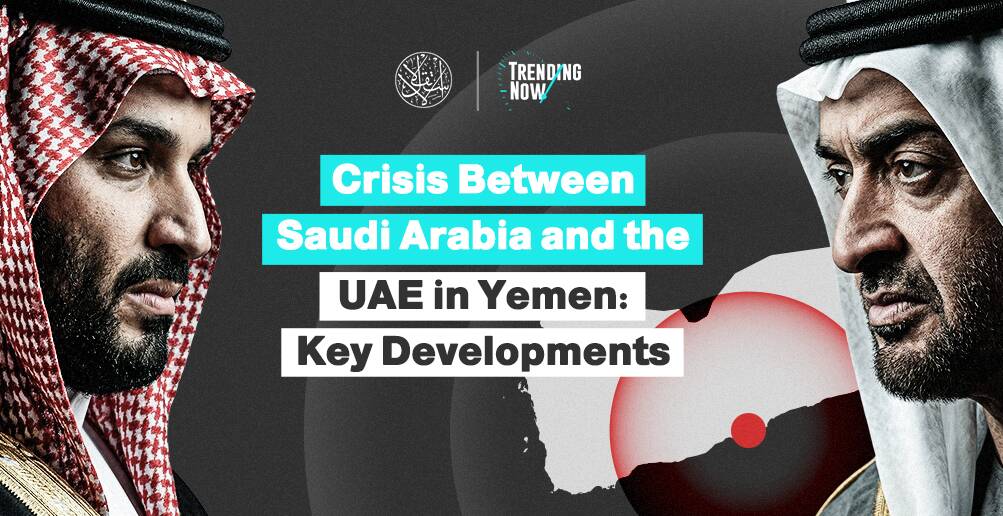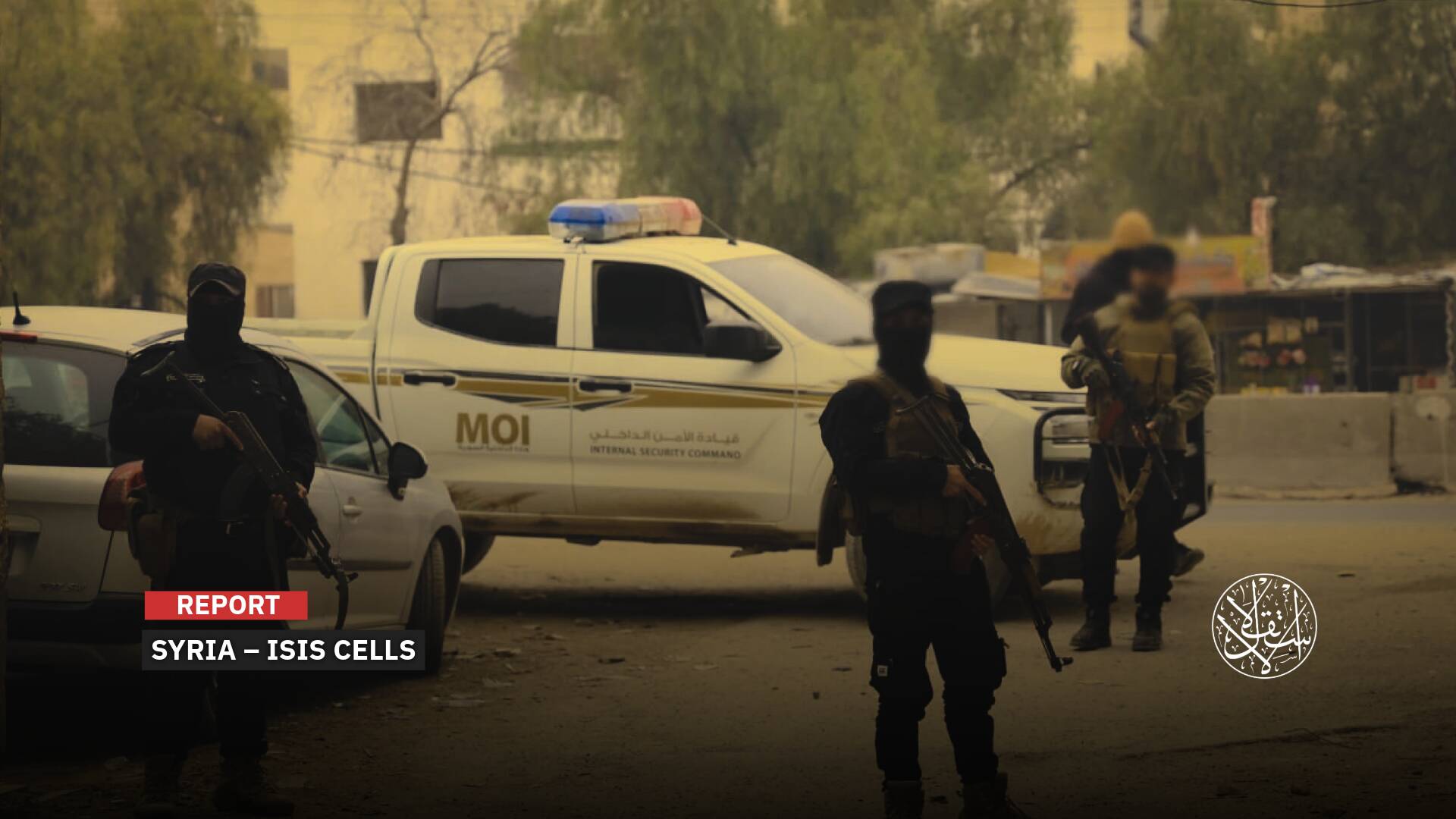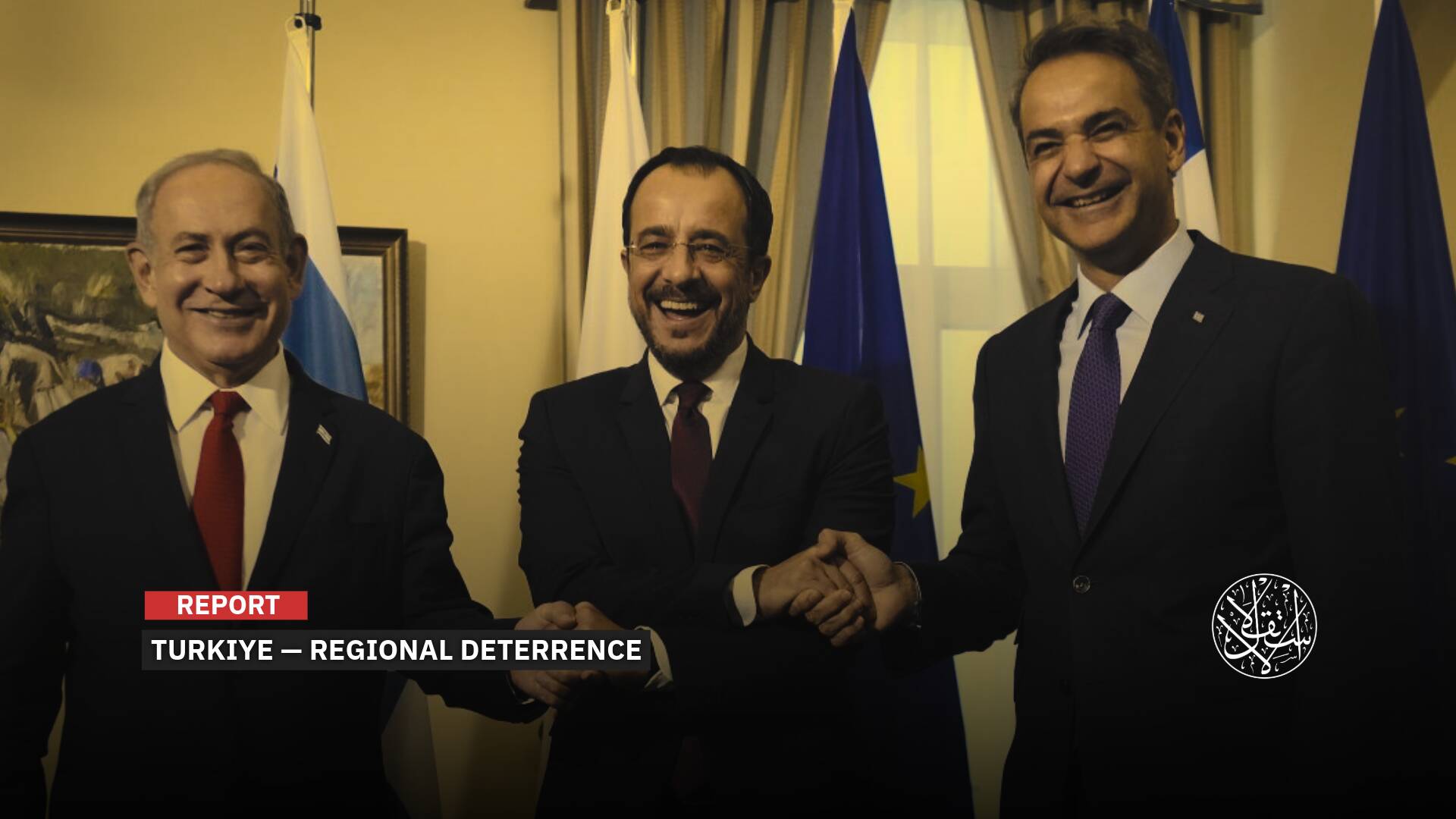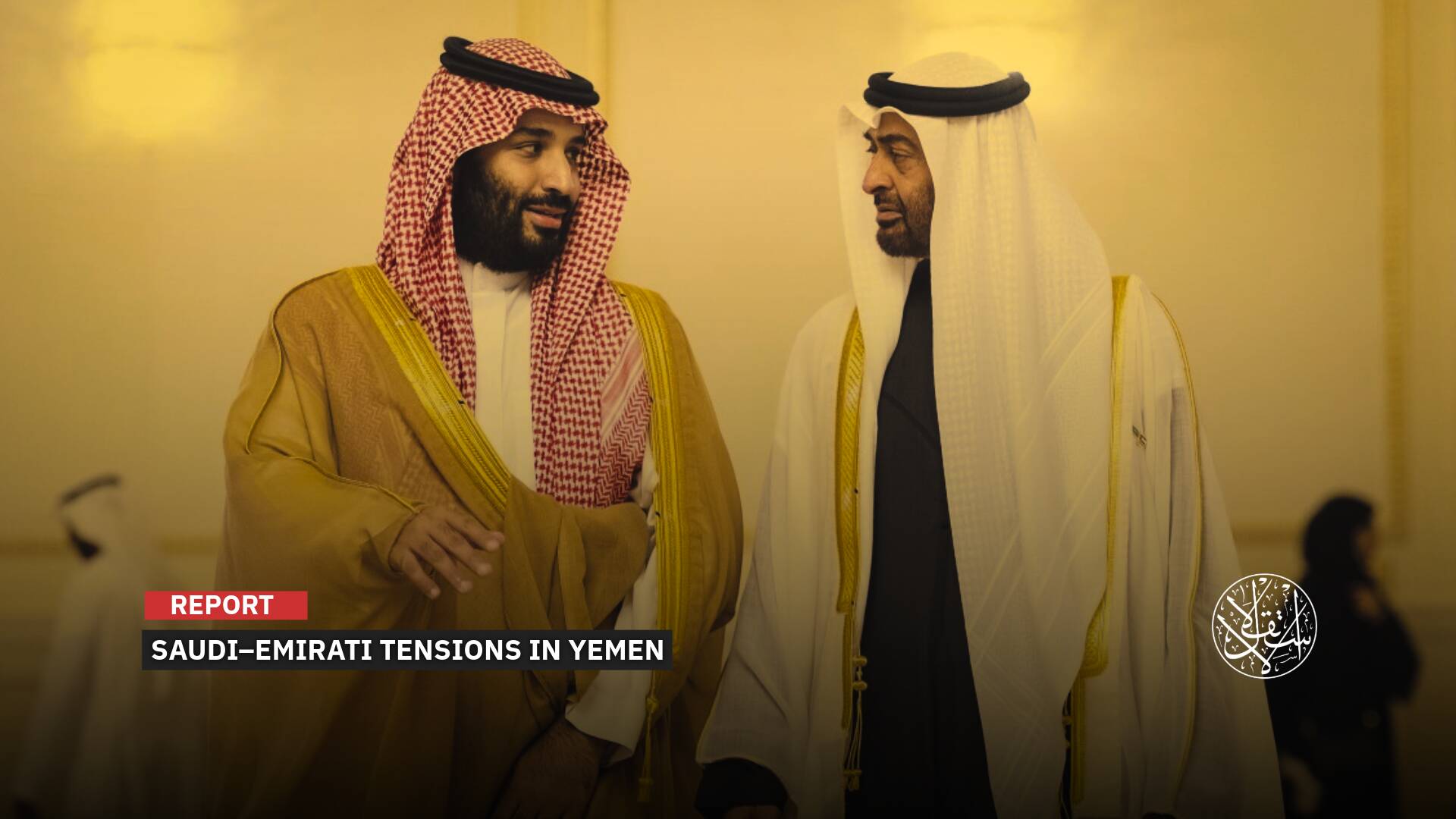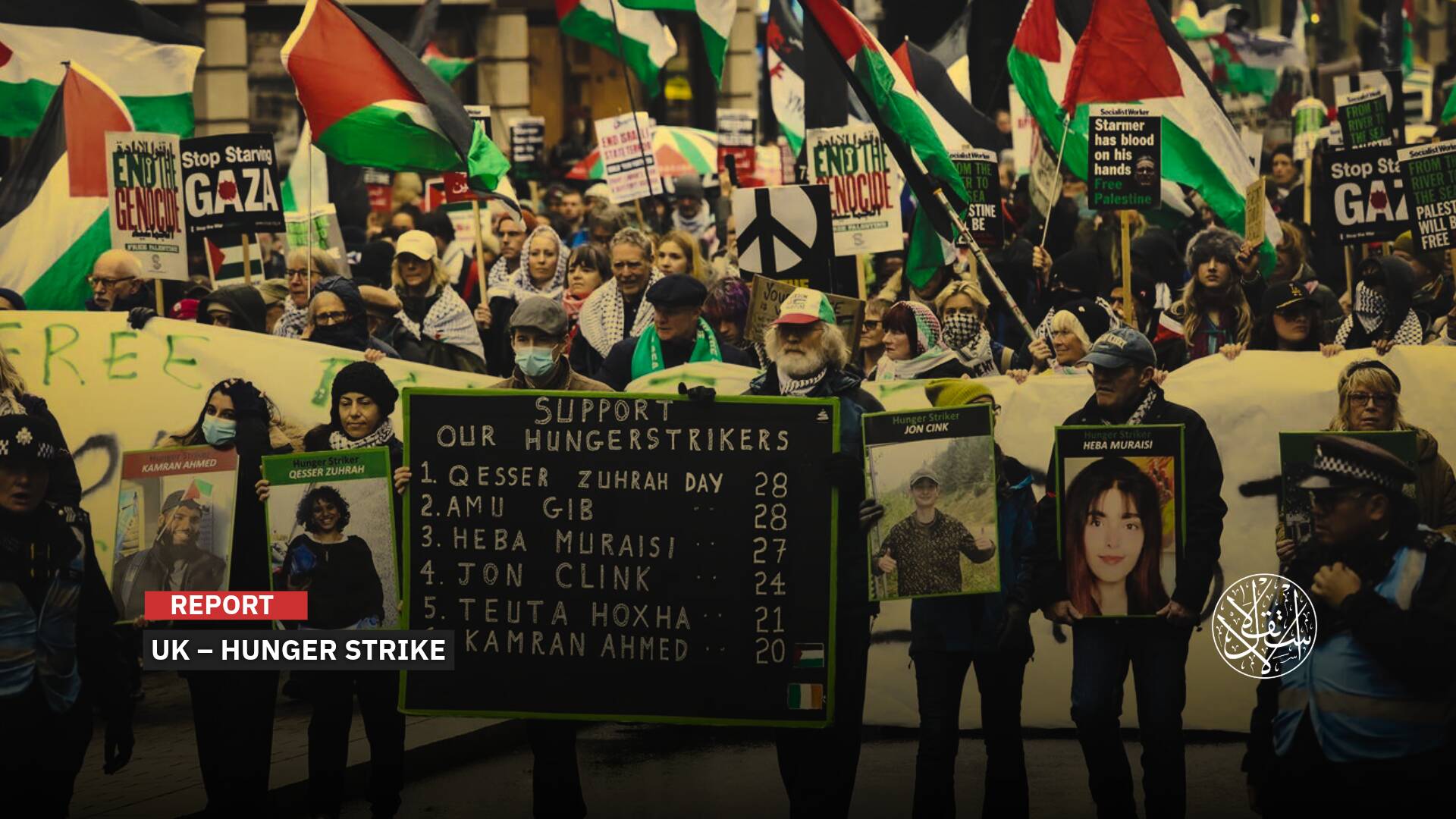Why Did Algeria Ban the Usage of French Language?

On April 2, 2022, Algeria's Ministry of Culture announced that it is banning French language in official correspondence, dealings and activities, and circulating the use of Arabic.
This came according to a reporter for the Ministry of Culture addressed to its departments and institutions, published Saturday on its official Facebook page, and seen by an Anatolian reporter.
"In accordance with the provisions of the Constitution and the Law on the Universal Use of Arabic, we are required to abide by the obligation to use Arabic in all communication, administrative, financial and technical communication and conduct," the correspondence states.
According to the correspondence, the procedure also includes the editing of all documents, administrative correspondence, reports, events and agreements.
The correspondence added that all discussions and deliberations in official meetings, seminars (conferences) and demonstrations must be in Arabic except in international meetings where foreign languages can be used alongside Arabic.
The correspondence, signed by Culture Minister Soraya Mouloudji, concluded that she attached the utmost importance to the implementation of the content of the document.
French Aggression
Experts and historians say that the spread of French in Algeria is due to its imposition during the 132-year colonial era (1830-1962) and the struggle against the occupation for the Arabic language, as well as the delay in the application of laws for Arabization of administration and education after independence.
With the exception of the Ministry of Defense, all ministries in Algeria used to use French for most of their internal correspondence and even in their official statements, although the Constitution states that "Arabic is the first national and official language, and the Amazigh is also an official and national language."
Last fall, the Youth and Sports Ministry, Vocational Education and Training Ministry, and Labor, Employment, and Social Security Ministry banned the use of French in official correspondence, coinciding with an escalating crisis between Algeria and Paris over remarks by French President Emmanuel Macron that were described as offensive against Algeria.
In October 2021, French President Emmanuel Macron stated that Algeria was not a nation before the French occupation in 1830, at which time the Algerian street became angry and called on the regime to Arabize all ministries without exception, if it was about implementing the law on the universal use of the Arabic language and not with circumstantial reactions to French insults.
Although the decisions of the ministries have not really had a significant impact, an Algerian student told Al-Estiklal that “any step towards Arabization of various ministries, sectors and the public environment should be welcomed, valued and demanded more.”
The student, Salwa ben Amin, said that she has low expectations regarding the usage of Arabic language, “since the mechanisms of everyday life are still prevailing, and there is no real change in these spheres, it is exclusive to official correspondents which are barely even noticed by normal citizens.”
“But nevertheless, the process appears to be long and arduous and requires more years to include all sectors, and the Arabic language will regain its place at home and the country will regain its linguistic sovereignty,” she concluded.
The move of the three ministries was widely welcomed by the majority of citizens, promising it a victory for the Constitution and the Law on the Universal use of the Arabic Language, which was issued in January in 1991 and has not found its way into practice to date, having been subjected to numerous plots and obstacles for 31 years.
New Hope
The Algerian journalist Hussein Lakra says that the recent instruction of the Minister of Culture “gives us a dose of hope that the process of generalizing the use of the Arabic language after 31 years of stagnation, hesitation and letdown.”
“It gives rise to the belief that there is a political will that is finally taking shape the need to resume the Arabization of public administrations, institutions and bodies and the general environment gradually, and without noise, to avoid the reactions of the Foreign Francophone current, both inside and outside the state,” he added.
Sixty years after the country's independence from France, Algeria has not been able yet to regain its linguistic sovereignty, as the gains made by the Arabic language in its own lands are still below the level hoped for, it has regained its status as an official language inclusive of Algerians only in limited sectors, the most important of which is education, justice and religious affairs, and French remains the first language in many sectors.
“However, the decisions of the ministries is a new victory for the language of the ‘ḍaad,’ and may be a small but important victory on the path of gradual Arabization of the country's administrations, institutions, bodies and general surroundings, and history will record this honorable position of Minister Soraya Mouloudji, waiting for other ministers to follow suit soon,” he concluded.
French is a War Booty
Algerian ears and minds are used to the saying: "French is a War Booty," once said by the playwright Kateb Yacine, who after independence chose to stop writing in French and return to local culture.
The author of the novel Nedjma (Star), one of the founders of Maghreb literature written in French, took a political stand on a language, and although he owned and wrote in it, he remained on the margins of its French society.
"If we go back to the issues of the French authorities' dealings with regional languages (which numbered between 600 and 700 languages) from the 19th century to the present hour, we will find their efforts to wipe them all out in favor of the French language" researcher Rachid Filali said.
The French have transferred their linguistic conflicts (French versus regional languages) to their former colonies and under many names and metaphors.
Jules Ferry, former president of the French senate, claimed that the upper dynasties (Westerners) had a duty to prepare the lower dynasties (colonists) and France in his view is one of the means of preparing these underdeveloped peoples.
The funny thing is that the man did not exclude the inhabitants of the French province of Brittany, Northwest of France, and how much injustice and racism it suffered in the mid-20th century, where signs with the words "Don't spit on the ground and don't speak Breton!" were placed in the streets.
The national poet Malik Haddad, who was deprived by the brutal French enemy of mastering his national language, as he stated in May 1961, where he literally said, "The mere fact that I stand today among you to speak to you in French, and I am unable to express my thoughts in Arabic, is enough proof, to know to what extent we Algerians were the victims of the worst and most horrific attempt to lose the personality of a people in the history of mankind.”
“There is no doubt that one of the most important objectives of our revolution is to restore dignity to our Arabic language because that represents national sovereignty. What separates me from Algeria is not the mountains, not the seas, but the Arabic language,” he called.
Immediately after independence, he said that he felt exiled in the French language, which, he said, did not help him in expressing his own Algerian-Arab Muslim compositions, so he decided to refrain from writing in French until he passed away in 1978 while learning Arabic, like Malik bin Nabi, who wrote his last book in the national language.




